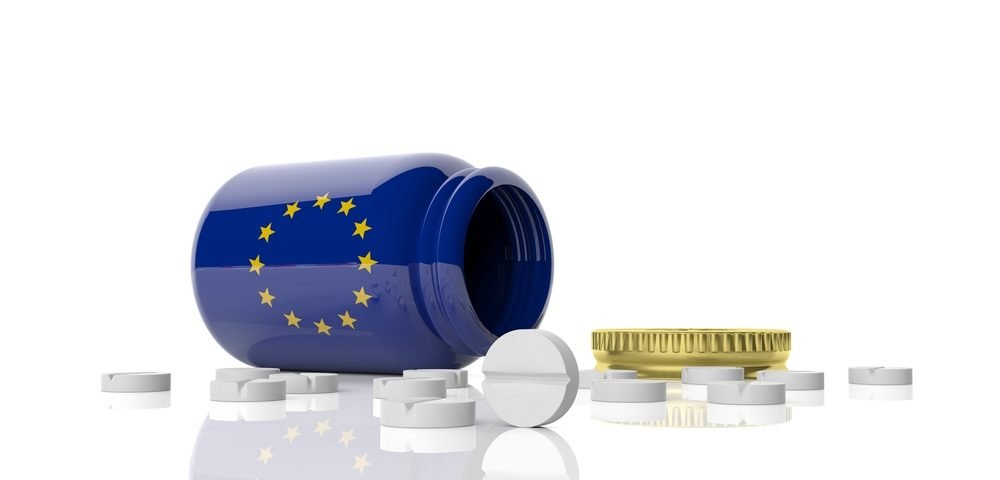The European Commission has approved a new formulation of Esbriet (pirfenidone) tablets for the treatment of mild to moderate idiopathic pulmonary fibrosis (IPF).
Esbriet, developed by Roche, is an oral antifibrotic medication approved by the U.S. Food and Drug Administration (FDA) for the treatment of IPF. It has shown positive results with long-term safety and efficacy. The new tablet formulation is already available in the U.S.
Esbriet will now be marketed in Europe as 267 mg or 801 mg tablets. The 267 mg version is a film-coated tablet designed to be easier to swallow than the original capsule. The 801 mg tablet can be taken three times per day instead of the original prescription of three capsules, three times a day.
“We are pleased to launch this important new formulation for people living with IPF, as part of our mission to improve the lives of patients with this devastating disease,” Sandra Horning, Roche’s chief medical officer and head of global product development, said in a press release.
“We are committed to helping people living with IPF, and being able to provide a tablet formulation of Esbriet gives patients more options for the management of their condition,” Horning added.
IPF is characterized by the presence of scarred tissue (fibrosis) in the lungs, causing the thickening and stiffening of lung tissue, which greatly affects normal lung function and the transport of oxygen into the bloodstream.
Esbriet has been shown to be an effective and safe therapy for IPF, according to results from the Phase 3 ASCEND trial (NCT01366209, 52 weeks), the CAPACITY trials (NCT00287716 and NCT00287729, 72 weeks), and the RECAP trial (NCT00662038, 98 weeks), an extension study that assessed the long-term safety of Esbriet in patients who completed one of the previous trials.
Together, these studies showed that Esbriet significantly reduces disease progression, the rate of respiratory-related hospitalizations, and all-cause mortality at 12 months by 48% compared to a placebo treatment.
Furthermore, a recent study based on results from the ASCEND and CAPACITY trials showed that Esbriet treatment improved life expectancy by nearly 2.5 years compared to the best supportive care. Results of sub-groups of patients in both trials revealed that patients with more severe IPF also benefit from treatment with Esbriet.

